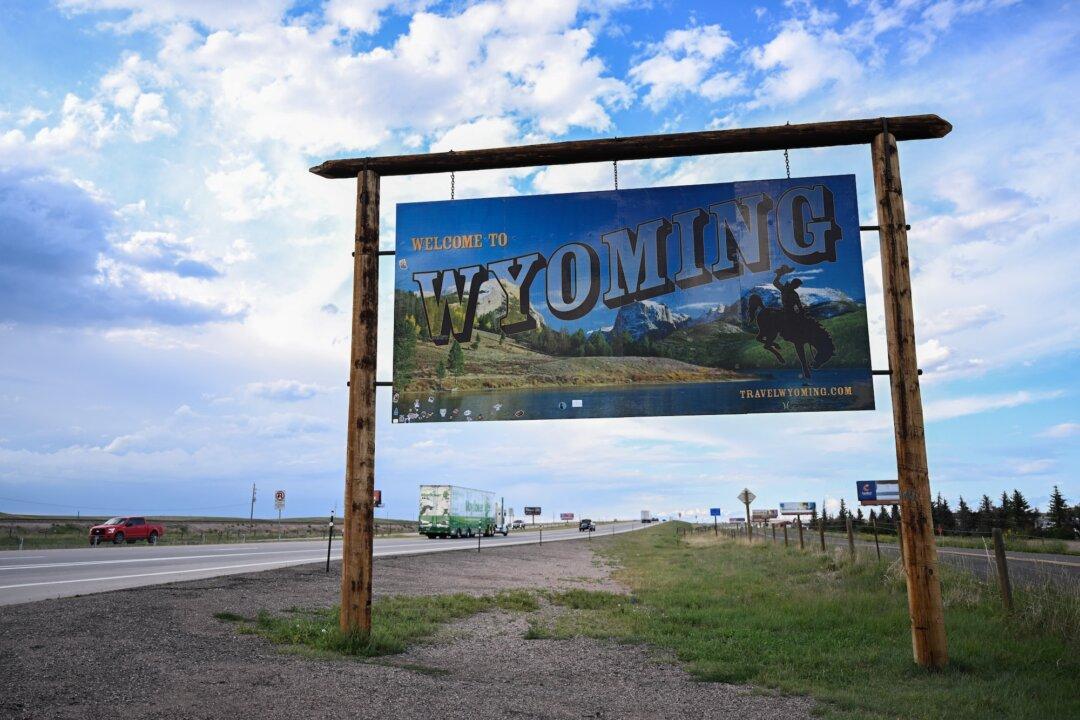A federal judge has partially blocked a vast oil and gas drilling project in Wyoming, citing violations of environmental laws and ordering a reassessment of the project’s potential effects on groundwater.
U.S. District Judge Tanya Chutkan ruled on Sept. 13 that the Bureau of Land Management (BLM) and other federal agencies had failed to properly evaluate the environmental consequences of the Converse County Oil and Gas Project, a 5,000-well development in Wyoming’s Powder River Basin.





